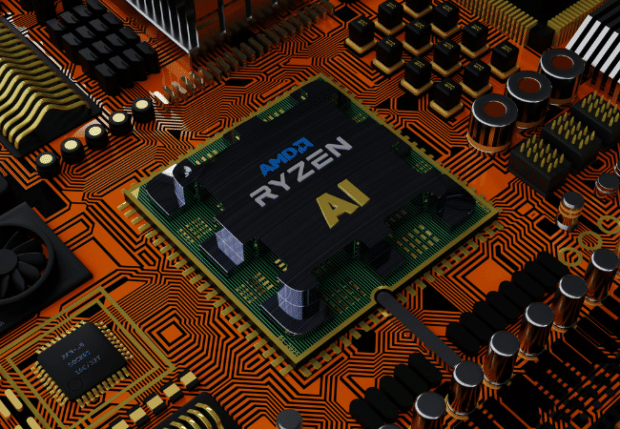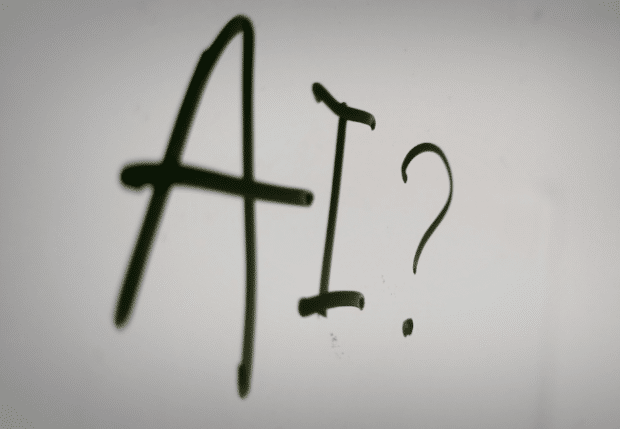Sovereign AI: Countries race to build national AI factories
Nvidia CEO Jensen Huang emphasized the rise of “sovereign AI” during an earnings call in November 2023.
The official Nvidia website defines sovereign AI as “a nation’s capabilities to produce artificial intelligence using its own infrastructure, data, workforce, and business networks.”
READ: Nvidia and Meta CEOs say all businesses will have AI
Tech insider VentureBeat reports that it is a driving force behind Nvidia’s AI chips. More importantly, nations view AI as the key to security and economic prosperity.
How can sovereign AI boost national security and the economy?

A study from the professional services firm PricewaterhouseCoopers (PwC) said artificial intelligence could balloon global economic growth to $15.7 trillion by 2030.
Consequently, many countries want to invest in this technology immediately.
For example, VentureBeat reports Nvidia has allocated $110 million to invest in AI startups to facilitate sovereign AI projects and other related businesses.
Shilpa Kolhatkar, Nvidia’s global head of AI Nations, elaborated on the rise of national AI systems at the US-Japan Innovation Symposium.
“Lots of governments around the world are looking today at how can they capture this opportunity that AI has presented, and they [have focused] on domestic production of AI,” Kolhatkar said.
“We have the Arab nations program, which kind of matches the AI strategy that nations have in place today.
“About 60 to 70 nations have an AI strategy in place, built around the major pillars of creating the workforces and having the ecosystem,” she continued.
“But it’s also around having already everything within the policy framework,” the global head of AI Nations explained.
Nvidia is also helping countries create “AI factories,” which use artificial intelligence to process a country’s knowledge into useful information.
“The paradigm is that your biggest asset is your data. Every nation has its own unique language and data,” Kolhatkar said.
“That’s the raw material that goes into the AI factory, which consists of algorithms, which consists of models, and out comes intelligence.
“It has your proprietary data with your language, your culture, your values […] You are the best person to own it and codify it into an intelligence that you want to use for your analysis,” she added.
READ: Nvidia briefly becomes trillion-dollar company due to AI
This outlook also explains why sovereign AI is vital to national security.
“The ownership is every country’s data and proprietary data, which they realized should stay within the borders,” Kolhatkar said.
The problem with sovereign AI

Nvidia CEO Jenson Huang said countries are building proprietary AI systems so that artificial intelligence may function while considering local customs.
For example, an AI should spell Chernobyl as “Chornobyl” in Ukraine due to that region’s different spelling.
However, Geogrify CEO Kate Edwards pointed out the dangers of building sovereign AI. Geogrify is a consultancy firm that assesses geopolitical and cultural risks in digital content.
“I think it’s a dangerous term to leverage. ‘Sovereignty’ is a concept that typically implies a power dynamic that often forms a cornerstone of nationalism,” she warned.
She said using this word implies that artificial intelligence serves a nation’s sovereignty, which could lead to geopolitical conflicts.
READ: Cyclones slow down national economic growth by 10 years
Nevertheless, AI is transforming the world as countries prepare sovereign AI systems. For example, Japan has a siloed version of ChatGPT, letting its government use AI while protecting its data.
Learn more about AI’s government applications in this Inquirer Tech article.